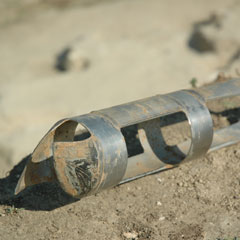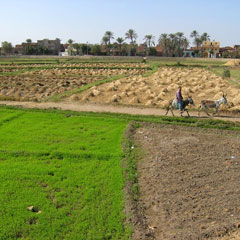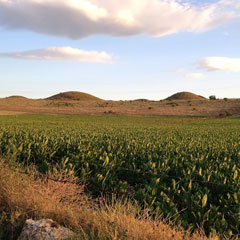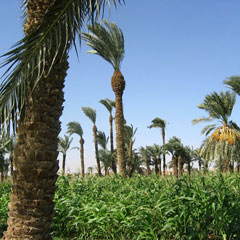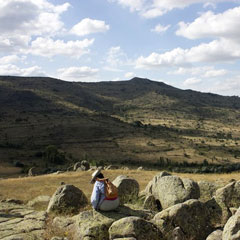Research
Research in the BU Environmental Archaeology Laboratory focuses on utilizing the suite of methods known as environmental archaeology to study four research topics related to past societies: diet and subsistence, environmental sustainability, paleoenvironmental change, and climate change. Lab members participate in multiple research projects that touch upon one or more of these themes. We also focus on the development and refinement of new quantitative and analytical tools that enable new insights about the interactions between people and their environments in the past.
Within the lab group, members currently focus on paleoethnobotany (the study of archaeological plant remains), zooarchaeology (the study of archaeological animal remains), stable isotopes, and the integration of proxy paleoenvironmental data with archaeological datasets.
Research Topics
Environmental archaeology, the study of past human interactions with environments through the analysis of material remains, is the primary research topic of the laboratory. Within this field, we focus on methodological innovation in the analysis and interpretation of various types of environmental archaeological remains, but especially botanical remains from archaeological sites. In addition, lab members develop methods for the integration of multiple environmental archaeological datasets, such as botanical and isotopic techniques.
Members of the laboratory explore ancient foodways from both cross-cultural and diachronic comparative perspectives, using a variety of theoretical and methodological frameworks. Studies have included Neanderthal subsistence and energetics, Maya use of tropical fruits and tubers, and colonial-era Indonesian food and ethnic identity, incorporating the study of multiple types of plant and animal remains.
Agricultural and Environmental Sustainability
The sustainability of agricultural systems is a primary research focus of Dr. Marston and other members of the laboratory. We ask how ancient agricultural systems affected local environments, and how resilient those systems were to both cultural and environmental change. Ultimately, we aim to reconstruct specific agricultural strategies in order to understand their short- and long-term efficacy and sustainability, and to use that knowledge to better understand the persistence of ancient communities and economies.
Reconstructing Paleoenvironments
Human impacts on the environment have been substantial and ongoing for millennia; we use multiple datasets and methodologies to reconstruct ancient landscapes at specific points in time in order to understand how they changed, and why. We investigate the role of both humans, especially within changing cultural settings, and natural climate change in affecting landscape change.
Contemporary climate change represents one of the greatest risks to human livelihood since the beginning of the Holocene. Understanding how past societies dealt with significant and abrupt episodes of climate variability and change, both successfully and unsuccessfully, can offer potential solutions for contemporary climate-change adaptation. We explore human adaptation of food production systems during episodes of significant climate change in the human past, from the interstadial fluctuations of the Pleistocene to the Medieval Warm Period, and aim to apply lessons from these periods to suggest more successful outcomes for the future.

